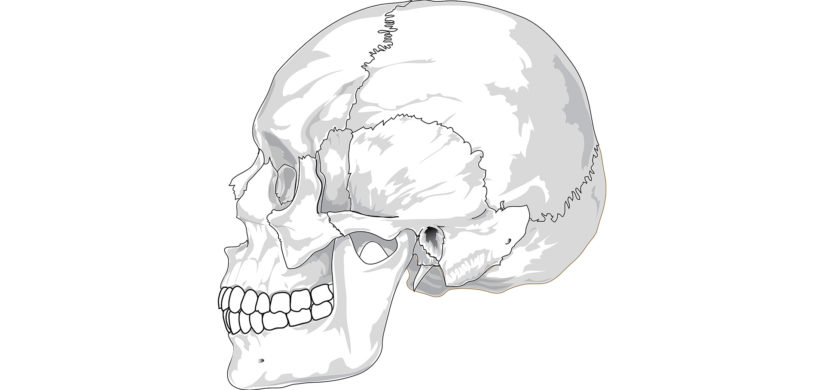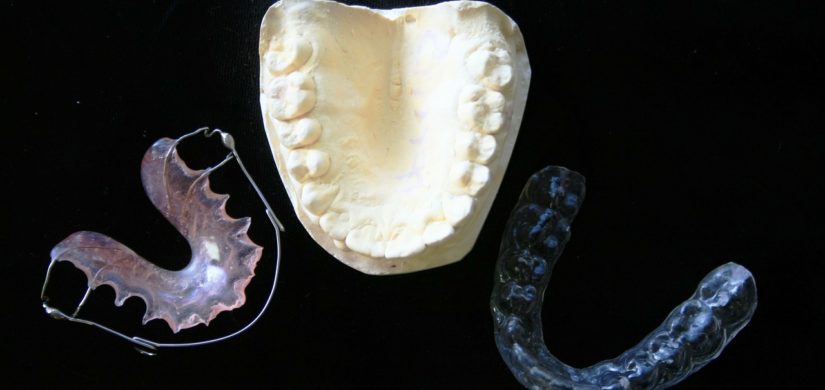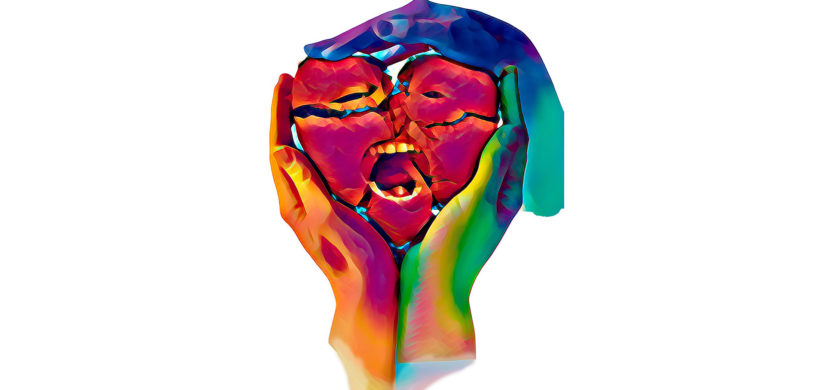Tooth pain can be caused by a dental problem, such as a cavity or gum disease, or by a non-dental problem like a sinus infection. Some dental pain is caused by stress – if you’re stressed to the point of clenching your jaw and grinding your teeth, you can develop pain associated with the temporomandibular joint (TMJ). The TMJ is the joint that hinges the lower jaw to the skull, enabling you to open and close your mouth.
TMJ disorders are a group of conditions that cause pain in and around the TMJ and nearby muscles. Clenching your jaw and grinding your teeth puts an additional strain on the muscles of the jaw causing inflammation. TMJ problems can affect a person’s ability to speak, eat, chew, swallow, make facial expressions, and even breathe.
Do You Have?
- pain in the neck and shoulders
- migraine and/or chronic headache
- jaw muscle stiffness
- limited movement or locking of the jaw
- painful clicking, popping or grating in the jaw joint when opening or closing the mouth
- a bite that feels “off”
- ear pain, pressure and/or ringing in the ears
- diminished hearing
- dizziness and vision problems
- tooth sensitivity
You may be suffering from a disorder in your temporomandibular joint, often referred to as TMJ.
TMJ Examination
If you’re dealing with pain in your mouth and jaw, you’re not alone. Many Americans suffer from TMJ disorder.
At Smiles Hut Dental we help our patients overcome this disorder and get on with their life. Here’s what you can expect from your appointment
- Dentist will perform a gentle examination of your jaw and bite
- A 3D x-ray may be taken to help visualize what’s going on in your mouth and jaw
- Dentist will help you understand what might be causing your TMJ pain
- Together, you’ll develop a treatment plan to fit your needs and eliminate your TMJ pain for good.
TMJ Treatment Options
We offer a variety of TMJ treatments to fit your needs:
- Night Guards — Custom-made and advanced night guards prevent clenching and reposition your jaw to a more favorable and comfortable position.
- Occlusal Equilibration — This method involves gently adjusting your mouth so your lower and upper teeth meet correctly.
- Physical Therapist Referral — We may help you coordinate treatment with other specialists, including ENT (otolaryngologists) and physical therapists.
- Invisalign — If an occlusion issue is the cause of your TMJ pain, Invisalign may be recommended to fix the alignment of your bite.
Therapy Exercises — Our Dentist may recommend specific jaw exercises with diet and lifestyle changes to help relieve pain.



